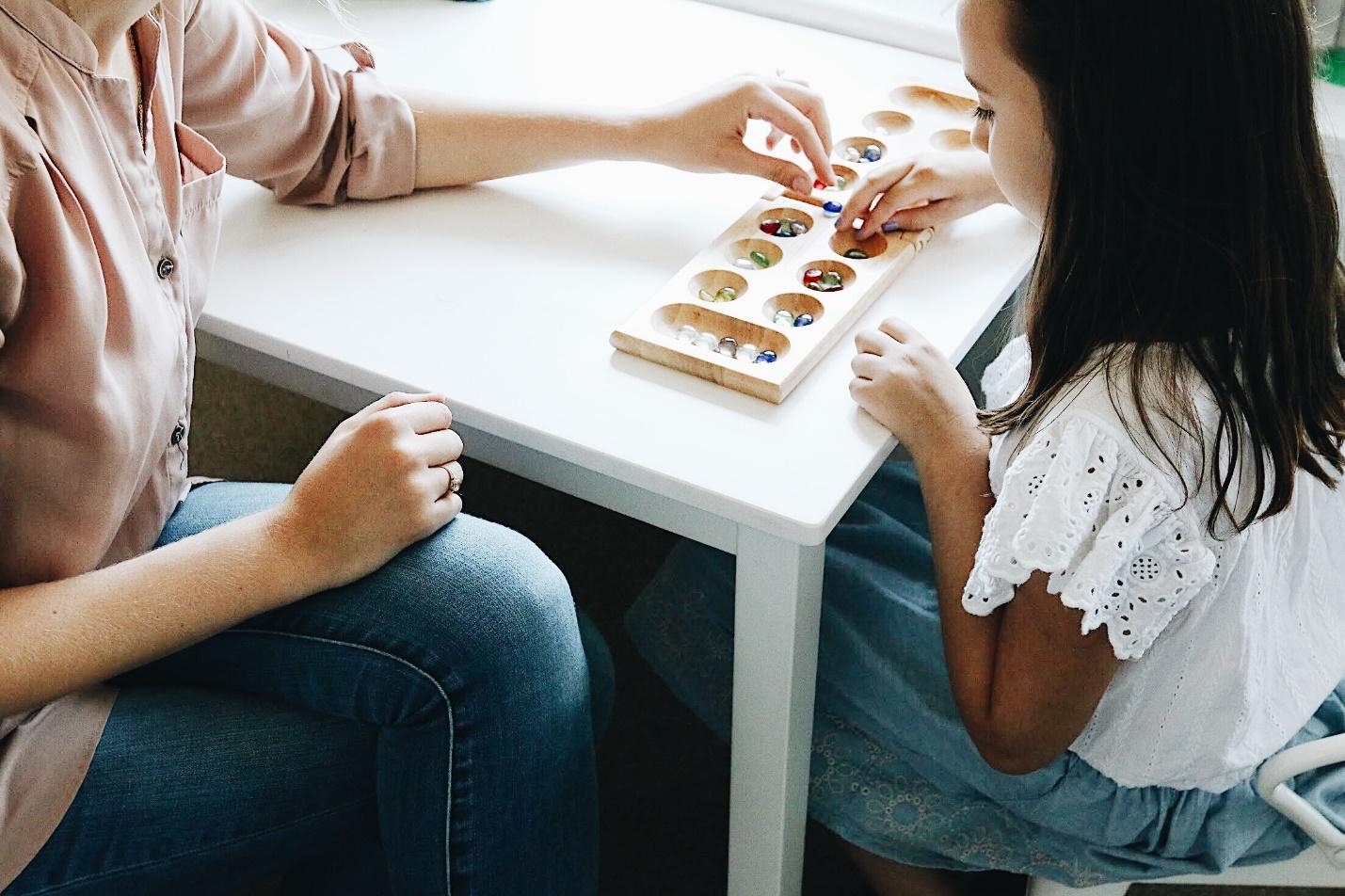
Supporting a child who stutters requires a caring and understanding approach, and as a speech-language pathologist, I'm here to share some helpful strategies. First and foremost, create an environment where your child feels comfortable expressing themselves. Acknowledge their stutter without making a big deal out of it and maintain eye contact to show you're interested in what they have to say. Be patient, giving them the time they need to communicate without interrupting or finishing their sentences for them.
In terms of communication, speaking at a relaxed pace can make conversations more comfortable for your child. Be an active listener by nodding, engaging, and allowing them the space to express themselves at their leisure. Resist the urge to complete their sentences, change the topic or offer too much advice, as this might add pressure. Talk about stuttering as a “superpower”. Many individuals who stutter present with unique skills and strengths in the areas of empathy and understanding that are valuable.
It's helpful to educate yourself about stuttering so you can better understand and support your child. Research “truths” and “myths” about stuttering, learn about famous people who stutter and how common it is across the globe. Consider talking with your child about a disclosure statement. Publicizing one's own stutter can be a powerful tool for increasing comfort levels across settings. This can be as simple as: “Hi! My name is ____ and I stutter.” By approaching stuttering with empathy and knowledge, you contribute to creating a supportive and encouraging communication environment for your child.

At Parkwood Clinic our goal is to empower families with strategies to promote communication by creating positive discussions around stuttering and providing knowledge about their child’s speech. As specialists in speech and language, we understand that listening to young children means being patient, attentive, and allowing them to say exactly what they want without fear. Individualized therapy and caregiving training in a supportive environment builds a foundation for clear communication.
At Parkwood Clinic clinicians ensure therapy goals are individualized for the needs of each of our clients and their families. We center empowerment of those who stutter in finding and practicing tools that work for their lives including becoming knowledgeable about speech and stuttering, how to stutter easier or less, and how to become a more confident and proud speaker. We want our clients to say what ever they want to say whenever they want to say it, to whomever they want to say it – without hesitation.
